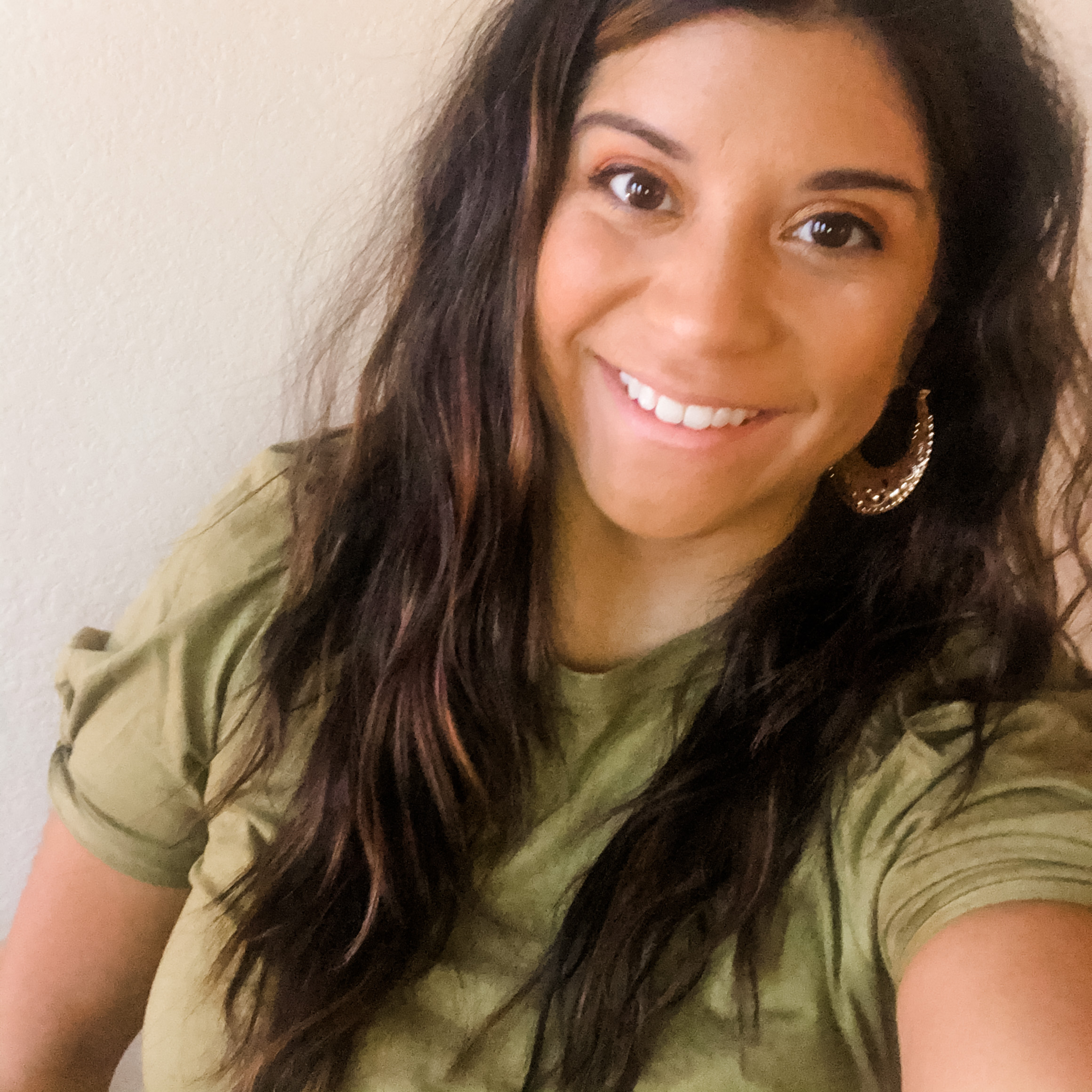Amy Wilkerson, LICSW
HOME > Therapist Search > Amy Wilkerson, LICSW
Amy Wilkerson, LICSW, is a transracial and international adoptee as well as licensed clinical social worker. Currently, Amy is in private practice specializing in complex trauma, adoption, attachment, reunion, race, and identity building. Her passion is helping individuals find the courage to live their lives authentically while staying in connection with themselves and others. Amy is also the author of the children’s book, “Being Adopted,” and co-host to the podcast, Adoptees Dish.
Amy’s strengths are working with adoptive parents in pre and post adoption placements to help them understand the unique challenges and nuances that come with the experience of adoption. Amy helps parents enhance connection with children by supporting attachment focused parenting and co-regulation. Additionally, Amy works with individuals who have experienced relational trauma to explore the impact it has had on their whole systems. Amy is an EMDR therapist and trauma therapist who strongly believes in seeing individuals in the wholeness of their stories and experiences.
Amy has several years of working in a variety of roles within the child welfare system such as a treatment foster care therapist, working with youth aging out of care, and a school based counselor for high risk youth. Now in private practice, Amy feels she is able to dive deeper into exploring the impact of adoption on individuals and families. At this time Amy is providing virtual therapy and is hoping to be able to provide in person sessions by the end of 2023.

Open in Google Maps
Phone: 414-426-6285
Website: http://www.growhealblossom.com
Details
Telehealth
Accelerated Resolution Therapy (ART)
Adult Attachment Inventory
ARC Model
Art Therapy
Attachment Bio-Behavioral Catch-Up (ABC)
Circle of Security
Cognitive Behavior Therapy (CBT)
Crisis Intervention Training
DC 0-5
Dialectical Behavior Therapy (DBT)
Dyadic Developmental Psychotherapy (DDP)
Experiential Play Therapy
Eye Movement Desensitization-Reprocessing (EMDR)
Internal Family Systems (IFS)
LifeBook/Life Story Work
Parent-Child Interactive Therapy (PCIT)
Parental Assessment
Pre-Adoption Evaluations
Sensorimotor Psychotherapy
Somatic Experiencing (SE)
TheraPlay
Trauma Focused – Cognitive Behavioral Therapy (TF CBT)
Trauma Resiliency Model (TRM)
Trauma-informed Child Parent Psychotherapy (TI-CPP)
Adoption Identity (i.e., self-worth, self-esteem)
Attachment
Attention Deficit / Hyperactivity Disorder (ADHD)
Childhood Depression
Dissociation
Divorce / Co Parenting
Domestic Violence
Early Traumatic Experiences
Foster Care
Grief and Loss Related to Adoption
High Conflict Families
ICWA
Infertility
Kinship Families
Mood Disorder
Open Adoption
Oppositional Defiant Disorder (ODD)
Post-Traumatic Stress Disorder (PTSD)
Reactive Attachment Disorder (RAD)
Search + Reunion
Sex Trafficking Victim
Sexual Abuse (Victim)
Systems of Care Navigation
Transracial/Transcultural Families
Adult (Ad. Parent - Individual)
Adult (Adoptee)
Birth/First Parent/Family Work
LGBTQ+
Parent Coaching
Teen (13-18)
Young Adult (19-25)
Disclaimer
The use of the information on this site is strictly up to the discretion of the user. Foster Adopt Minnesota is not responsible for the contents of any outside sites through any external links provided; nor are the links an endorsement of the external site as to quality, accuracy or completeness.
If your family is facing financial barriers to receiving care from an adoption-competent therapist in Minnesota, please reach out to our HELP Program: https://fosteradoptmn.org/help_program_overview/
Parents should carefully choose a therapist based on the individual needs of their family. For more information, please see the following: https://www.childwelfare.gov/pubs/f-therapist/
